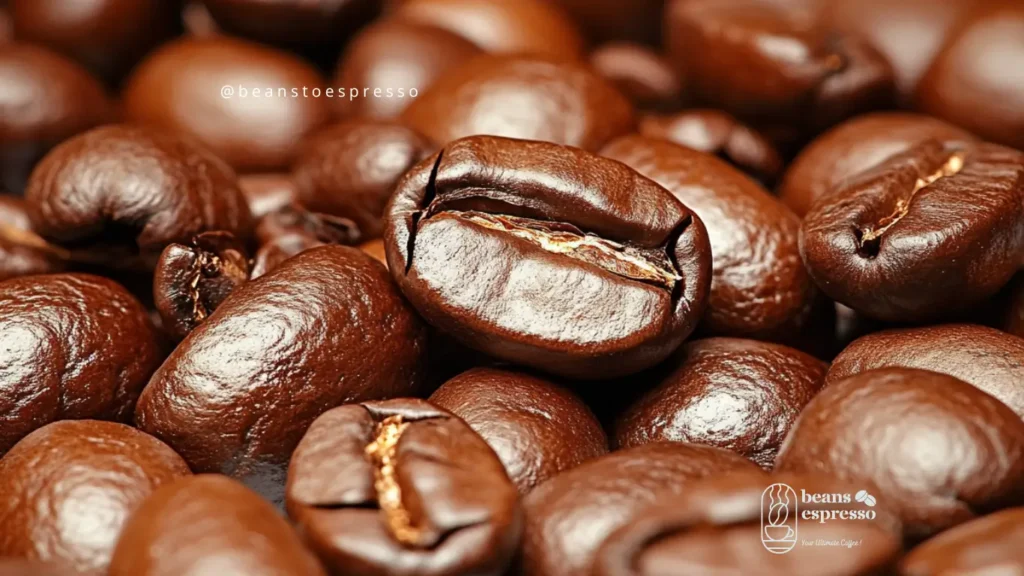The smell of freshly brewed coffee is one of life’s simple pleasures, but not all coffee is created equal. Specialty coffee represents the pinnacle of coffee quality—distinct in flavor, ethically sourced, and meticulously crafted from farm to cup. For newcomers, this term might seem intimidating, but it’s more accessible than you think. This guide breaks down what makes coffee truly special and how you can enjoy it like a pro.
The Secret Behind the Specialty Coffee Label
What exactly is specialty coffee? According to the Specialty Coffee Association (SCA), this term refers to coffee that scores 80 or above on their stringent grading scale. This isn’t just about taste; the label reflects quality at every step of the journey—from cultivation to brewing. While your everyday coffee might come from large, industrial farms, specialty coffee beans are often grown in specific microclimates, hand-picked for ripeness, and carefully processed to bring out unique flavors.
For example, regions like Ethiopia and Colombia are known for producing some of the world’s finest specialty coffees. Their distinct soil, altitude, and climate create beans with vibrant flavors ranging from fruity and floral to rich and chocolaty. Learn more about coffee grading standards at the Specialty Coffee Association (SCA) website.
How Specialty Coffee Differs from Commercial Coffee
At first glance, coffee might seem like coffee, right? However, there’s a world of difference between the coffee you savor and the commercial coffee you find in grocery stores.
- Quality of Beans: coffee exclusively uses Arabica beans, known for their nuanced flavors. Commercial brands often mix Arabica with Robusta, which tends to be bitter and less complex.
- Processing Methods: coffee undergoes meticulous processing, such as washed, natural, or honey methods, ensuring a clean and balanced cup.
- Flavor Profiles: Instead of the generic “coffee taste,” coffee boasts distinct flavor notes. Imagine hints of jasmine, berries, or caramel swirling in your cup.
- Sustainability and Ethics: coffee emphasizes fair trade practices and environmental sustainability, benefiting farmers and the planet.
For readers looking to explore the nuanced differences between coffee types, consider checking out our guide on Understanding Arabica vs. Robusta Coffee.
From Farm to Cup: The Journey of Specialty Coffee
Every cup of coffee tells a story—one that begins with a farmer and ends with your perfect brew. Here’s a step-by-step look at its journey:
- Cultivation: Grown in small, sustainable farms located in optimal climates.
- Harvesting: Hand-picked to ensure only ripe cherries are selected.
- Processing: Beans are processed meticulously to preserve their natural flavors.
- Roasting: Roasters treat each batch like an art form, enhancing the beans’ unique characteristics.
- Brewing: Brewing methods like pour-over or French press bring out the best in specialty coffee.
Why Traceability Matters in Specialty Coffee
Unlike commercial blends, coffee offers traceability. This means you can learn exactly where your beans were grown, who cultivated them, and how they were processed. Traceability ensures higher quality and supports ethical practices by creating transparency in the supply chain.
For example, purchasing directly from farmers or cooperatives ensures they receive a fair share of profits. Look for labels like Single-Origin Coffee on your next purchase—they indicate that the beans come from a specific region, often highlighting a unique flavor profile.
Brewing Specialty Coffee: Unlocking the Perfect Cup
Brewing is where coffee truly shines. The method you choose can dramatically alter the flavor and aroma. Here’s a quick guide to the most popular methods:
- Pour-Over: Highlight delicate, floral, or fruity notes. Ideal for light roasts.
- French Press: Creates a full-bodied, robust brew. Great for medium roasts.
- Espresso: Concentrated and intense. Perfect for dark roasts.
For beginners, start with a pour-over setup like a Chemex or V60. These methods are beginner-friendly and showcase the intricacies of specialty coffee.
Tasting Specialty Coffee Like a Pro
Want to enhance your coffee experience? Learn how to taste coffee like a professional. Start with coffee cupping, a technique used to evaluate aroma, flavor, and aftertaste. Here’s how:
- Brew coffee using a consistent ratio of water to beans.
- Smell the aroma as the coffee steeps.
- Take a sip, letting the liquid coat your palate.
- Notice the acidity, body, and unique flavor notes.
This process isn’t just for experts. It’s a great way to discover what you love most about coffee.
Specialty Coffee’s Role in Sustainability
By choosing specialty coffee, you’re supporting environmentally sustainable and socially responsible practices. From shade-grown techniques that protect biodiversity to reducing water waste in processing, the industry strives to minimize its footprint.
Equally important are the fair trade practices that ensure farmers are paid equitable wages. Organizations like World Coffee Research are at the forefront of improving farming techniques to secure a brighter future for the industry.
FAQs: Common Questions About Specialty Coffee
- What does specialty coffee mean?
It refers to high-quality coffee scoring 80+ points on the SCA scale. - How is specialty coffee different from regular coffee?
It’s superior in quality, flavor, and ethical sourcing. - Is specialty coffee worth the price?
Absolutely! The taste, sustainability, and craftsmanship make it a worthwhile investment. - What’s the best way to brew specialty coffee?
Methods like pour-over or French press are perfect for highlighting unique flavors. - How do I store specialty coffee beans?
Keep them in an airtight container, away from light and moisture.
Conclusion: Your Specialty Coffee Journey Starts Here
coffee isn’t just a drink; it’s an experience that connects you to farmers, roasters, and the earth itself. Whether you’re savoring a single-origin Ethiopian brew or exploring new brewing techniques, the possibilities are endless.
Are you ready to elevate your coffee game? Explore our collection of brewing guides and bean recommendations to get started. What’s your favorite coffee moment? Share your story in the comments below!

